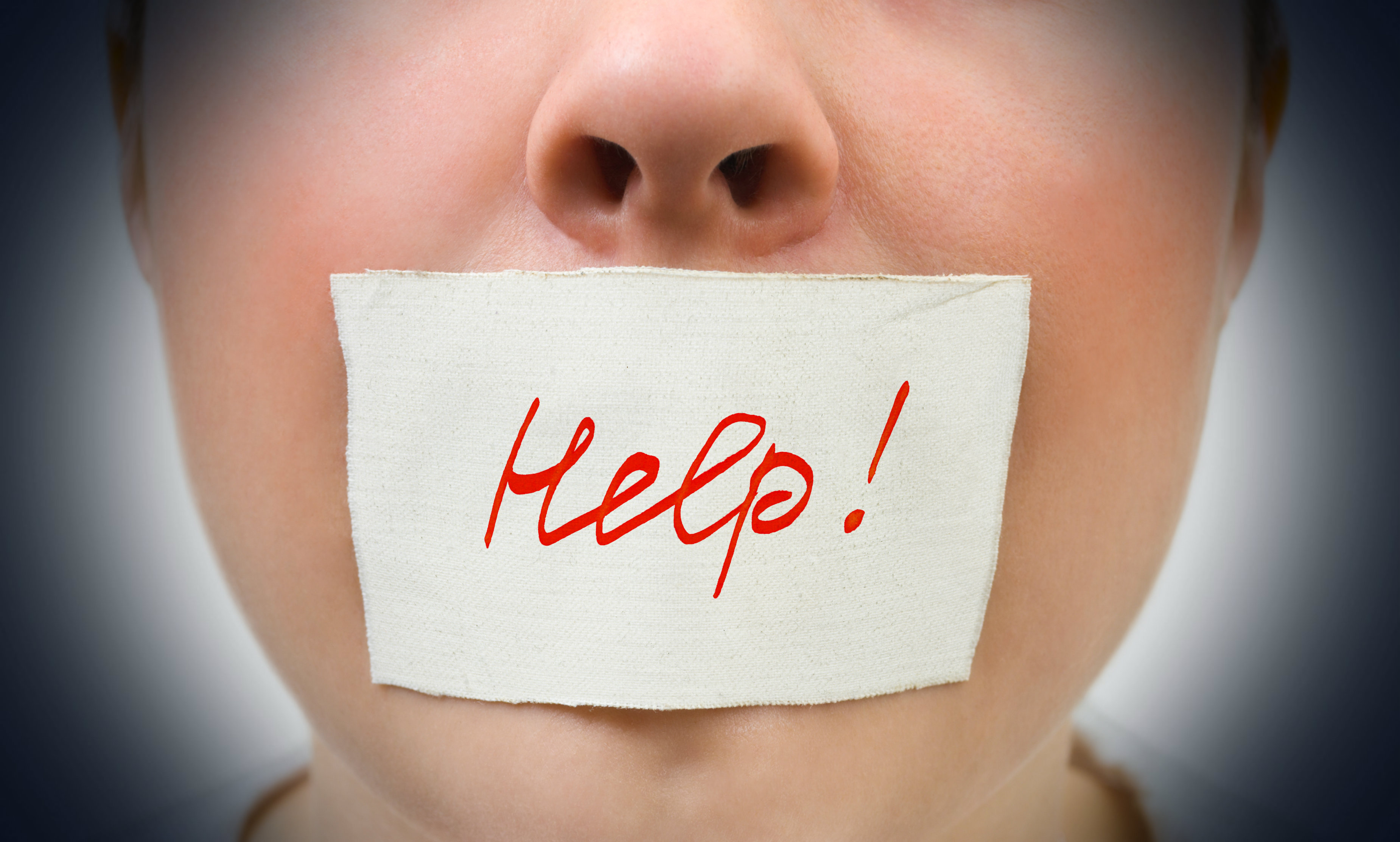The United States began the “War on Drugs” in 1971, and the war has never been won. The tactics used have changed depending on the time period and public support for anti-drug measures. However, our country continues to struggle with drug addiction and dependence. Now, the opioid epidemic is the latest chapter in the War on Drugs, yet it is largely a silent battle. Understanding the history of the War on Drugs can help us better understand the factors that perpetuate the opioid epidemic.
History of the War on Drugs
The 1970s
President Richard Nixon officially declared war on Drugs in 1971, calling drug abuse “public enemy number one.” This declaration came in the midst of the Vietnam War. Reports continued to emerge that American service members were returning from the war addicted to marijuana and heroin. The early phases of the War on Drugs focused on increasing mandatory minimum sentences for drug crimes and fighting against drug trafficking in the U.S.
The 1980s
The 1980s saw a continuation of this drug policy, including outreach initiatives like the now-famous “this is your brain on drugs” commercial, which depicted an egg sizzling after being cracked into a frying pan. The purpose of commercials such as these was to shock viewers into steering clear of drugs. The consequences of drug abuse to oneself were heavily emphasized.
The 1990s
In the 1990s, actress Rachael Leigh Cook starred in a commercial showing “what happens to your brain after snorting heroin.” Ratcheting up the shock factor from the original commercial, she violently smashed an egg with a frying pan before trashing the entire kitchen with the pan. Rather than focusing only on the individual effects of substance use, there was a growing emphasis on the effects of drug use on relationships to friends, family, and loved ones.
For over 25 years, people from all over the world have chosen Waismann Method as their opioid detox provider.
We know the challenges you face and the importance of creating a unique and personal experience for you right from the start.Call for Detox Options 1-800-423-2482
2017
In 2017, Rachael Leigh Cook released a follow-up commercial highlighting the change in focus of the anti-drug movement. Rather than using shock value, the video makes an emotional appeal to viewers. It asks them to focus on the negative impact of our current policy decisions on individuals’ lives. The video is a recognition of the failed policies of the War on Drugs. Sadly, it has served only to incarcerate massive numbers of Americans, drive families further into poverty, and perpetuate the cycle of drug abuse.
The Silent Battle of the Opioid Epidemic
Today, the War on Drugs continues, yet the victims of this war are largely unseen. The U.S. is currently in the throes of an opioid epidemic fueled by prescription painkiller abuse and easy access to heroin. Unlike the shock value of the older War on Drugs commercials, many people do not realize the extent of today’s battle. For that reason, the opioid epidemic has been called a silent battle in the War on Drugs.
So why is the opioid epidemic such a silent battle? One reason is that it gradually sneaks upon us. Many people who abuse opioids first start by using the drugs legally. They receive a legitimate prescription for surgery or chronic pain. However, because of the overprescribing of opioids and the addictive potential of the drugs, these individuals soon have difficulty overcoming their use. They become increasingly dependent on the drugs, turning to street dealers for prescription drugs and eventually trying heroin for its potent high.
How to Fight A Silent Battle
Many factors are perpetuating the opioid epidemic, but silence is one of the biggest among them. How do you fight a battle that you cannot see? Only by fighting back against the stigma, shame, and silence surrounding opioid abuse will we truly begin to gain traction in this battle. Unfortunately, our society views those struggling to control their drug use as “addicts.” They fail to realize that our neighbors, friends, and family members may be among those affected by the opioid epidemic.
Breaking through this stigma with compassion and greater awareness can help to curb the accelerating rates of opioid abuse. To achieve this end, any enacted drug policy needs to heavily emphasize public education about the risks of opioid abuse, signs of addiction, and treatment options. Furthermore, those struggling with opioid dependence need to have greater access to effective treatments. By increasing public awareness and access to these treatments, we can begin to fight back in the silent battle of the opioid epidemic.
Sources
Any Questions? ‘This is Your Brain on Drugs’ Actress Comes Out Against the Drug War in Epic Video
A remake of Classic “Your Brain on Drugs” Ad Slams Disastrous Drug War, Drug Policy Alliance.






